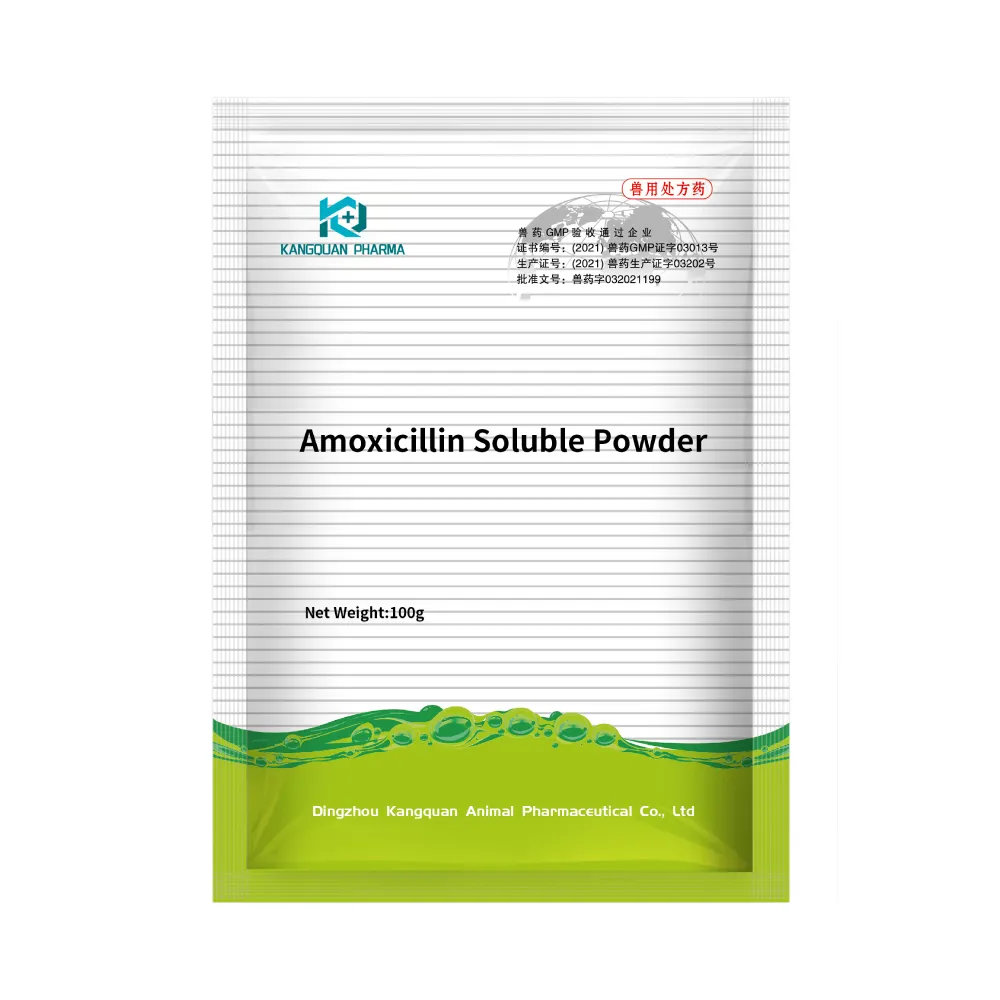- Afrikaans
- Albanian
- Amharic
- Arabic
- Armenian
- Azerbaijani
- Basque
- Belarusian
- Bengali
- Bosnian
- Bulgarian
- Catalan
- Cebuano
- Corsican
- Croatian
- Czech
- Danish
- Dutch
- English
- Esperanto
- Estonian
- Finnish
- French
- Frisian
- Galician
- Georgian
- German
- Greek
- Gujarati
- Haitian Creole
- hausa
- hawaiian
- Hebrew
- Hindi
- Miao
- Hungarian
- Icelandic
- igbo
- Indonesian
- irish
- Italian
- Japanese
- Javanese
- Kannada
- kazakh
- Khmer
- Rwandese
- Korean
- Kurdish
- Kyrgyz
- Lao
- Latin
- Latvian
- Lithuanian
- Luxembourgish
- Macedonian
- Malgashi
- Malay
- Malayalam
- Maltese
- Maori
- Marathi
- Mongolian
- Myanmar
- Nepali
- Norwegian
- Norwegian
- Occitan
- Pashto
- Persian
- Polish
- Portuguese
- Punjabi
- Romanian
- Russian
- Samoan
- Scottish Gaelic
- Serbian
- Sesotho
- Shona
- Sindhi
- Sinhala
- Slovak
- Slovenian
- Somali
- Spanish
- Sundanese
- Swahili
- Swedish
- Tagalog
- Tajik
- Tamil
- Tatar
- Telugu
- Thai
- Turkish
- Turkmen
- Ukrainian
- Urdu
- Uighur
- Uzbek
- Vietnamese
- Welsh
- Bantu
- Yiddish
- Yoruba
- Zulu
Nov. . 17, 2024 07:55 Back to list
Levamisole Side Effects and Safety Considerations for Horses in Veterinary Medicine
Levamisole Side Effects in Horses A Comprehensive Overview
Levamisole is an anthelmintic medication commonly used in veterinary medicine for the treatment of parasitic infections in horses. Originally developed as a deworming agent, it has also been found to possess immunomodulatory properties, making it appealing for a variety of therapeutic applications. Despite its effectiveness, levamisole is not without side effects, and awareness of these potential adverse reactions is crucial for equine health management.
One of the primary uses of levamisole in horses is for the control of nematode infections. It works by paralyzing the parasites, allowing the horse's immune system to eliminate them. However, while it is generally well-tolerated, certain side effects have been reported. The most commonly observed side effects include gastrointestinal disturbances, which can manifest as colic, diarrhea, or changes in appetite. These symptoms can range from mild to severe and may require veterinary intervention if they persist.
Levamisole Side Effects in Horses A Comprehensive Overview
In terms of neurological impacts, some horses may exhibit signs of neurologic distress after administration of levamisole. Symptoms can include muscle tremors, incoordination, and lethargy. These signs may indicate toxicity, especially if the dosage exceeds the recommended levels. It is essential for horse owners and caretakers to monitor their horses closely during and after treatment to catch any adverse effects early.
levamisole side effects in horses

Levamisole has also been associated with respiratory problems in rare cases. Horses may experience difficulty breathing or increased respiratory rate, which may indicate an allergic reaction or hypersensitivity to the medication. Immediate veterinary attention is recommended if respiratory symptoms are noted.
Additionally, the concurrent use of levamisole with other medications can increase the risk of adverse reactions. It is vital for equine practitioners to consider drug interactions when formulating a treatment plan. Ensuring that all medications and supplements are disclosed can help mitigate risks associated with side effects.
To minimize the likelihood of side effects, veterinarians often recommend using levamisole with caution, particularly in horses with pre-existing health conditions. Adjusting the dosage based on the horse's size, age, and overall health can also help reduce risks. Careful monitoring during and after treatment is crucial to ensure the horse's well-being.
In conclusion, while levamisole is an effective solution for treating parasitic infections in horses, it is essential to be aware of the possible side effects. From gastrointestinal and neurological disturbances to potential immune system issues, understanding these risks can help horse owners make informed decisions about using this medication. Consulting with a qualified veterinarian is always recommended before starting any treatment regimen, ensuring the health and safety of the horse remain a priority.
-
Guide to Oxytetracycline Injection
NewsMar.27,2025
-
Guide to Colistin Sulphate
NewsMar.27,2025
-
Gentamicin Sulfate: Uses, Price, And Key Information
NewsMar.27,2025
-
Enrofloxacin Injection: Uses, Price, And Supplier Information
NewsMar.27,2025
-
Dexamethasone Sodium Phosphate Injection: Uses, Price, And Key Information
NewsMar.27,2025
-
Albendazole Tablet: Uses, Dosage, Cost, And Key Information
NewsMar.27,2025













